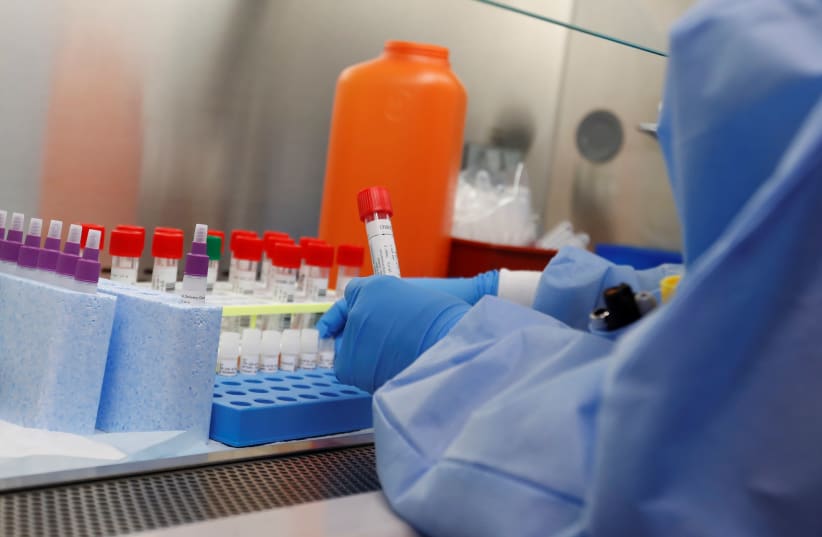With the novel coronavirus, COVID-19, infecting hundreds of thousands of people around the world, many are nervous about whether or not they might have the disease. Dr. Daniel Grupel, head of Infection Control Services at Samson Assuta Ashdod University Hospital, shared with The Jerusalem Post how to know the answer.
What are the symptoms of the novel coronavirus, COVID-19?
The most commonly-described symptoms of COVID-19 are respiratory distress and fever,” the doctor told the Post. But he said that there can be other symptoms, too, among them allergies, muscle or body aches, and some reports of loss of smell and loss of taste.
Can I diagnose coronavirus by its symptoms?
Grupel said that the symptoms are “very nonspecific.” As such, “there needs to be a clinical diagnosis, which requires laboratory testing.”
What kind of test is conducted to test for coronavirus?
The most common test is the polymerase chain reaction, or PCR screening, which was invented in the US in 1983. Grupel explained that this test tries to identify the genetic material of the virus itself in the sample.
“We usually swab from a spot inside the nose or mouth and look for the virus there,” he said. “There are other tests that are in development, but this is the best test that we have today.”
Can I have coronavirus and not have any symptoms?
Approximately 80% of people who get COVID-19 have only mild symptoms, and recover without any special treatment, the doctor explained. About one in six people becomes seriously ill, according to the World Health Organization.
Who is most at risk for developing a serious case of the novel coronavirus?
The elderly and people with pre-existing health problems are the ones at greatest risk of developing a more serious condition.
